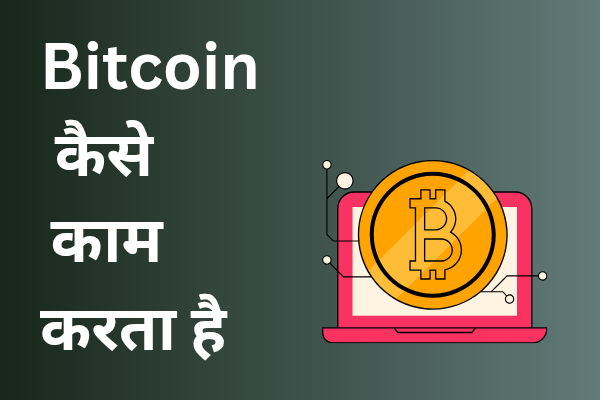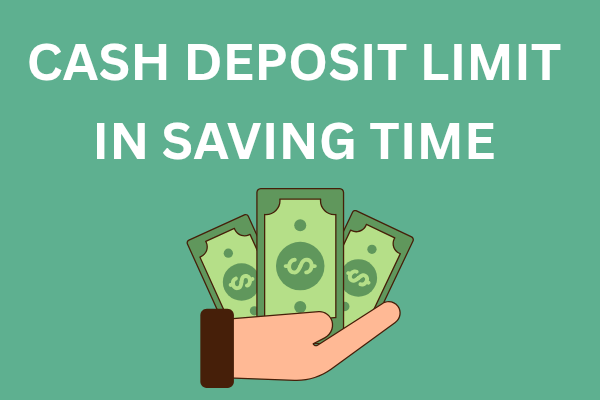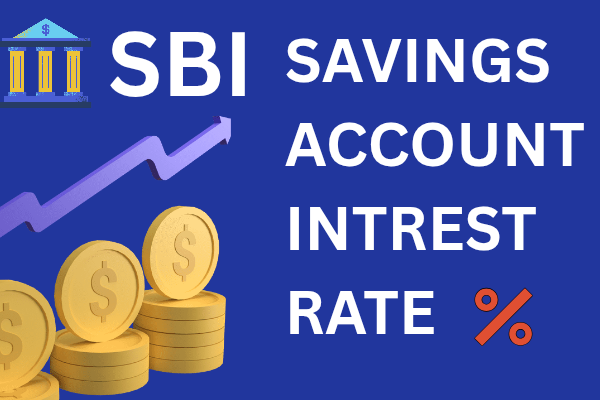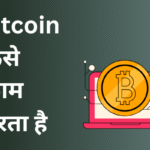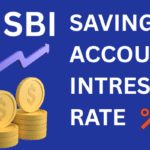“Shares” or “stocks” are the first words that come to mind when discussing investing. In the current digital era, stocks have grown to be a very popular investment option. However, the general population frequently asks themselves, “What are stocks?” How do they operate, and how may investing in them yield profits?”Shares” or “fractions” are Hindi terms for stocks. Purchasing stock in a business entitles you to a portion of its ownership. This implies that you get a stake in that business.
Example :-
Let’s say you purchased 1,000 of the 1 lakh shares that the firm issued. After that, you own 1% of the business.
Types of stocks
There are mainly two types of stocks
1. Equity stocks
Another name for these is common stocks. The most popular stocks are these ones. This gives the investor the ability to vote and share in the company’s profits.
2. Preference stocks
Although they do not have the ability to vote, owners of these stocks receive dividends in advance.
How to earn money from stocks?
1. Dividend
The corporation distributes a portion of its income to investors in the form of dividends.Capital gain
2. Capital gain
When you buy a stock at a lower price and sell it at a higher price, the profit you make is called capital gain.
How do stocks work?
The corporation distributes a portion of its income to investors in the form of dividends.
- NSE (National Stock Exchange)
- BSE (Bombay Stock Exchange)
Businesses raise money in order to grow. They do this by selling equities to the general public, a process known as an initial public offering, or IPO. Any investor can purchase and sell the company’s stock once it is listed on the stock exchange.
How is the stock market operated?
The law of supply and demand governs stock prices. The demand for a company’s stock rises when its prospects for the future are favorable, which raises the pricing.
Reasons for price rise
- Good performance of the company
- Government policies
- Global market conditions
- Increase in company profits
How to invest in stock market?
1. Opening a Demat and Trading Account
You must have both a trading account and a demat account, where your shares are kept in digital form, in order to purchase and sell shares.
2. Choosing the right broker
These days, the most well-known broker platforms include Zerodha, Upstox, Groww, Angel One, and others.
3. Doing research
Understanding a company’s financial situation, earnings, debt, competitors, and future plans is crucial before making an investment.
4. Long term thinking
In the stock market, the pursuit of rapid gains frequently results in losses. Long-term thinking and patience are traits of successful investors.
5. Diversification
Don’t put all of your money into one business or industry. Investing in a variety of industries and businesses lowers risk.
Conclusion
Stock investing is not just for the wealthy; even the average person can begin investing with minimal capital. Anyone may profit from the stock market if they have the correct knowledge, patience, and discipline. Before making an investment, though, careful planning and research are crucial. The stock market offers you the chance to build wealth if you adopt wise decisions, but it is not a place for gambling. In the end, investing in stocks might be a smart choice if you desire a secure financial future, but only if you fully comprehend the dangers and fundamentals of the market. Three factors—education, research, and patience—can help your investment succeed.
If you find this blog post useful then please follow this page, all the information related to finance is given on this website and inform other people by sharing this page. Thank you.


